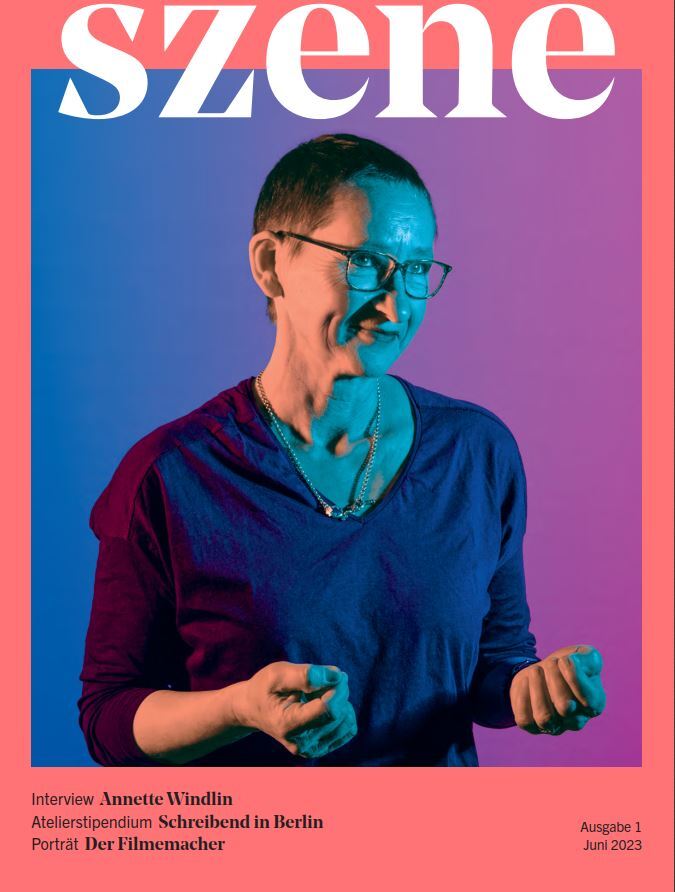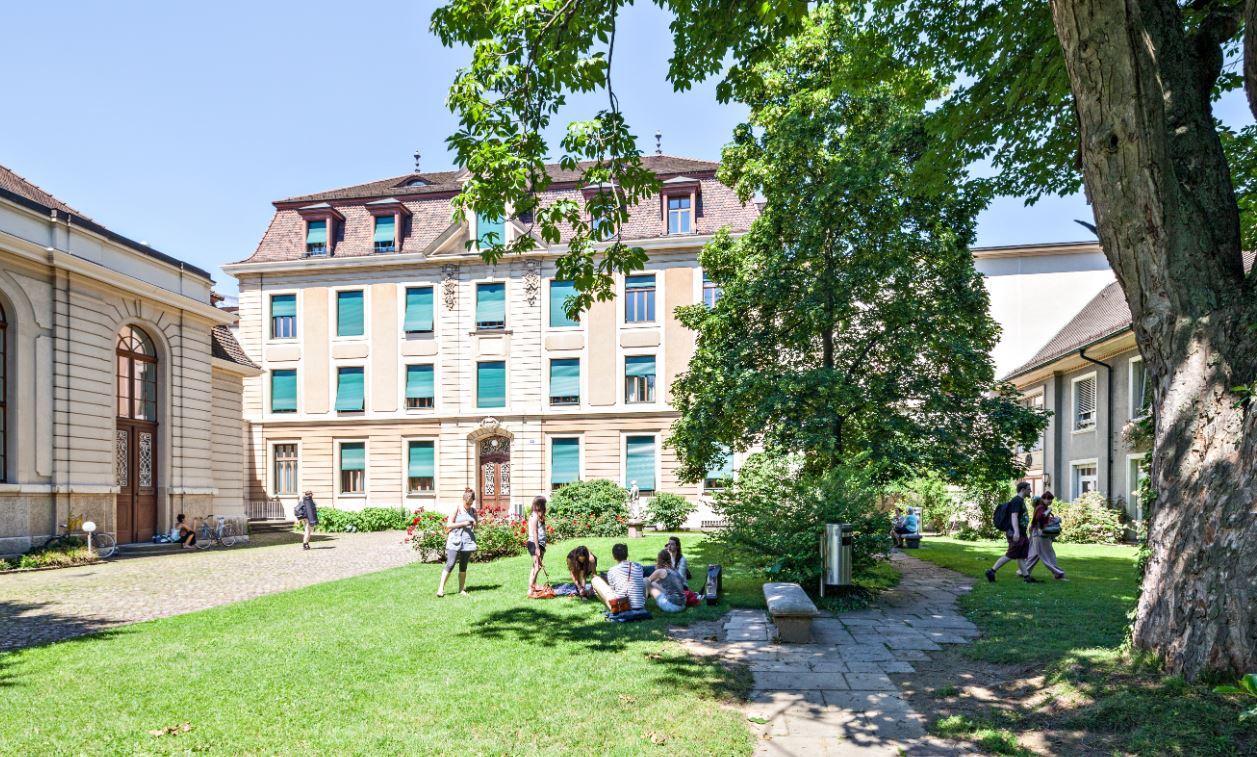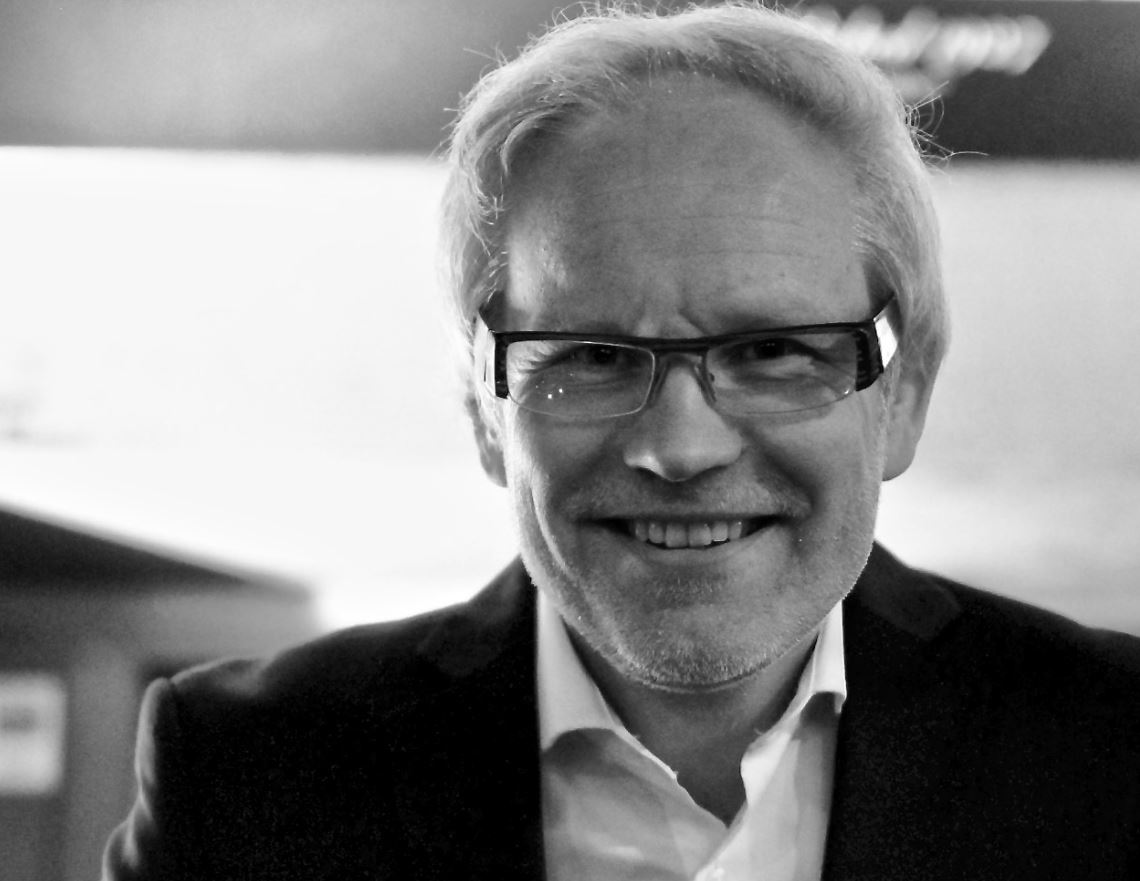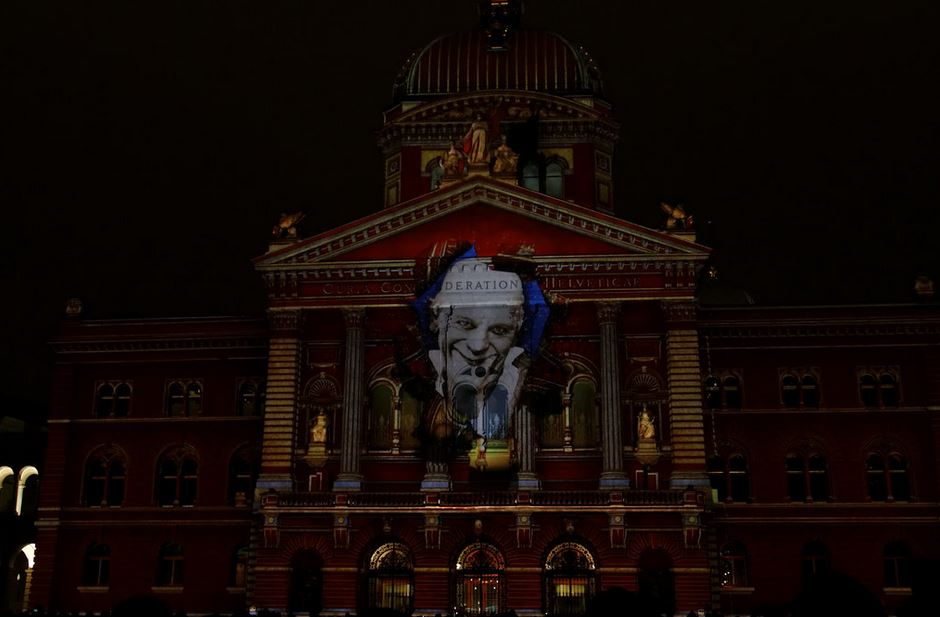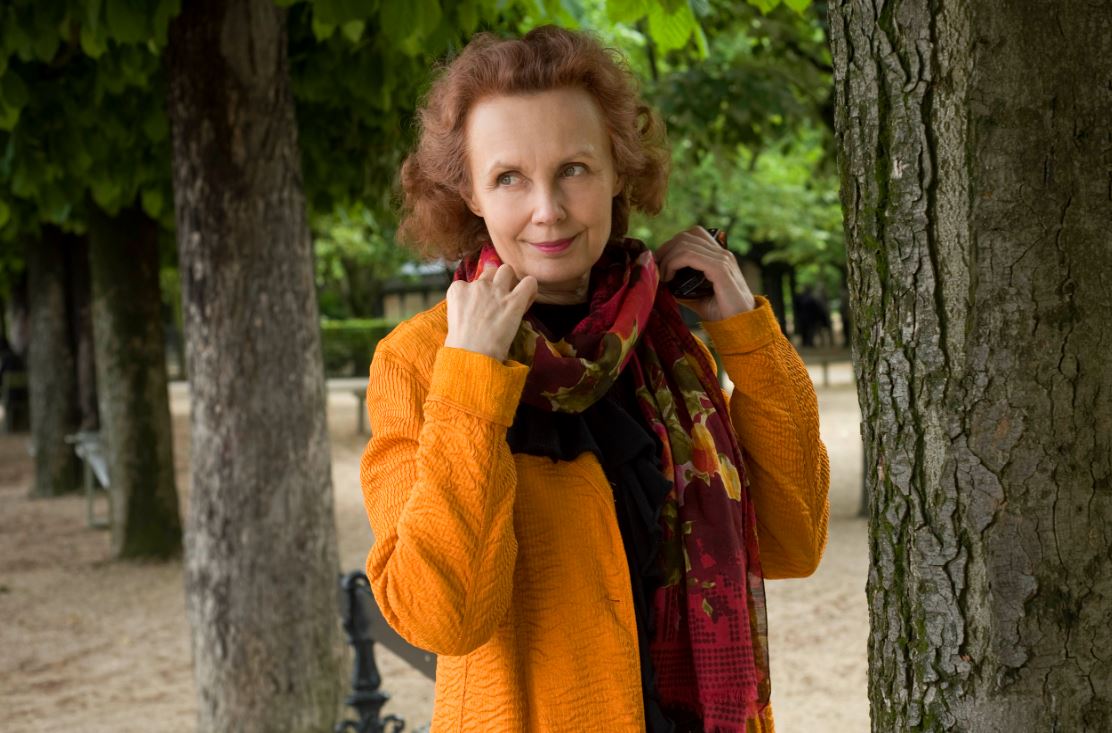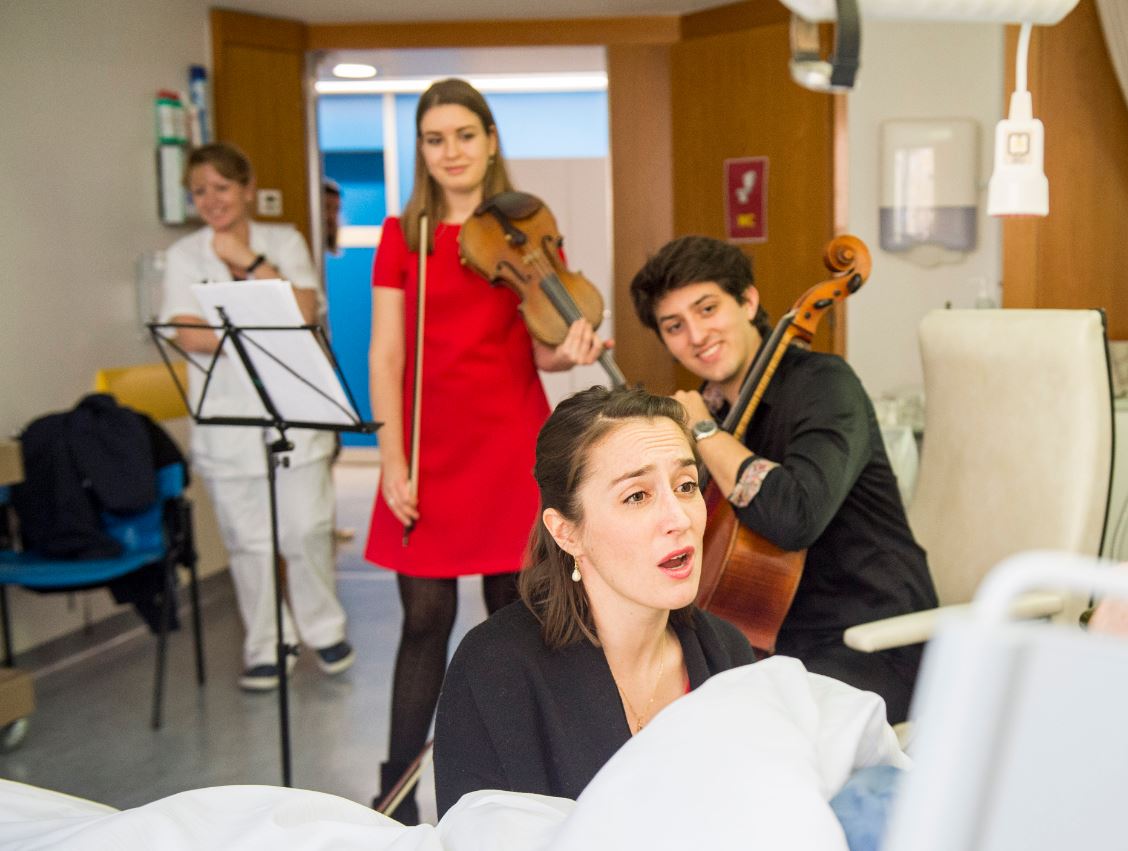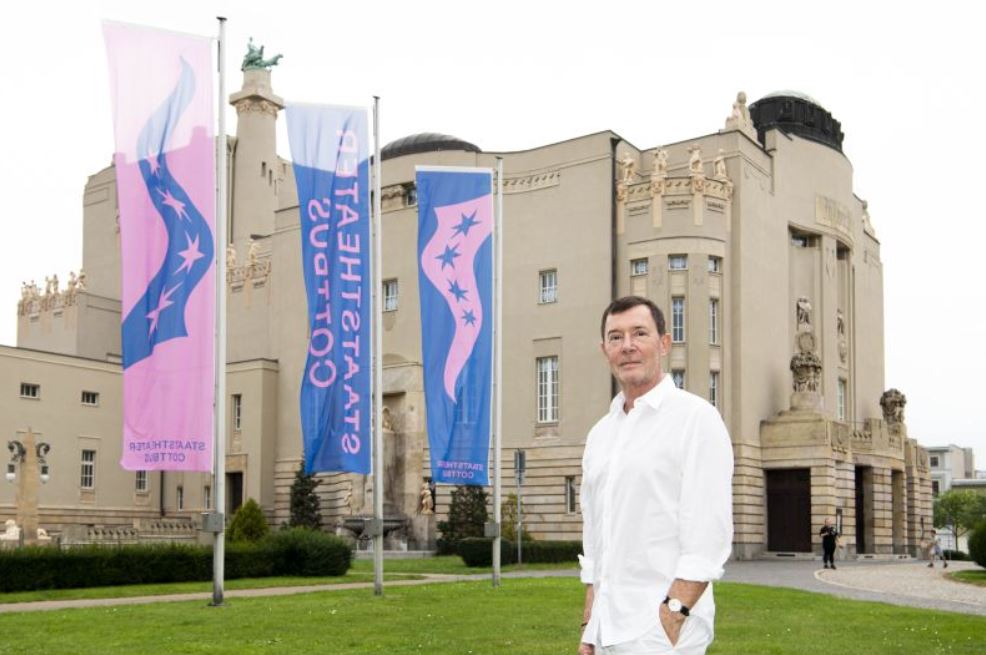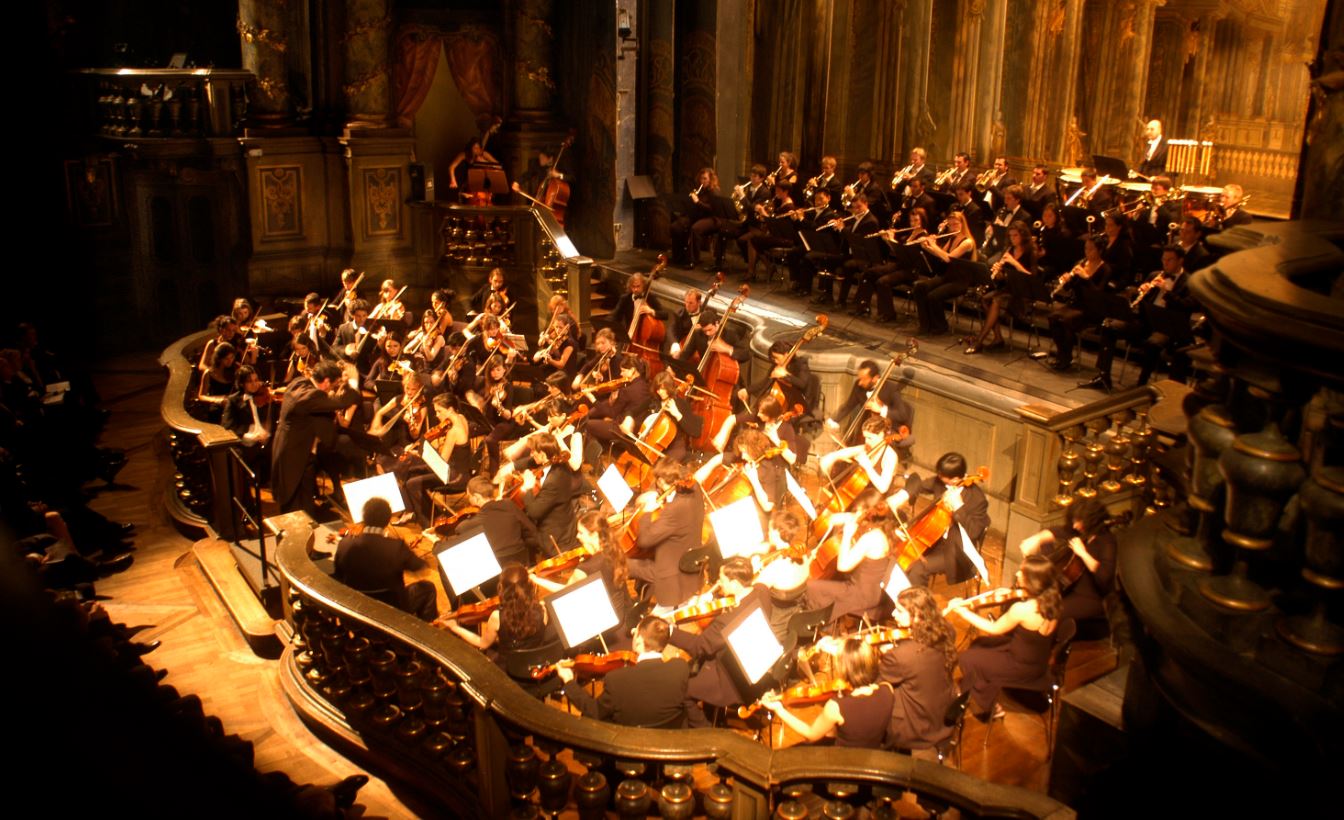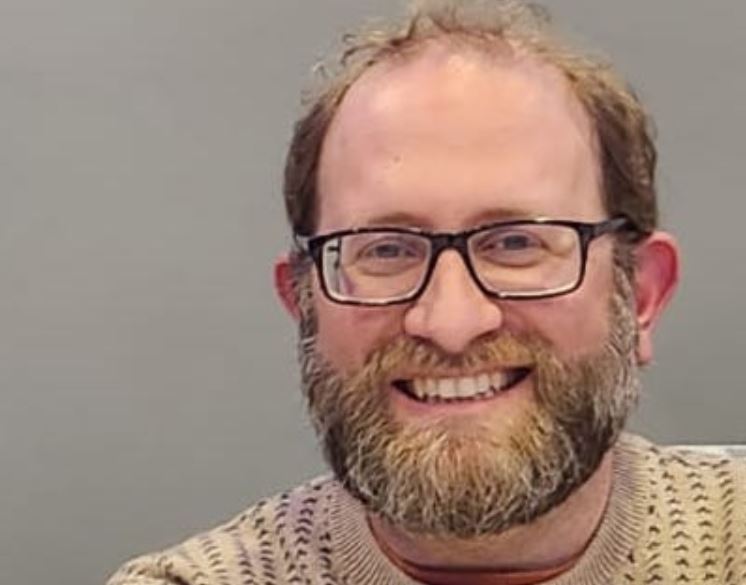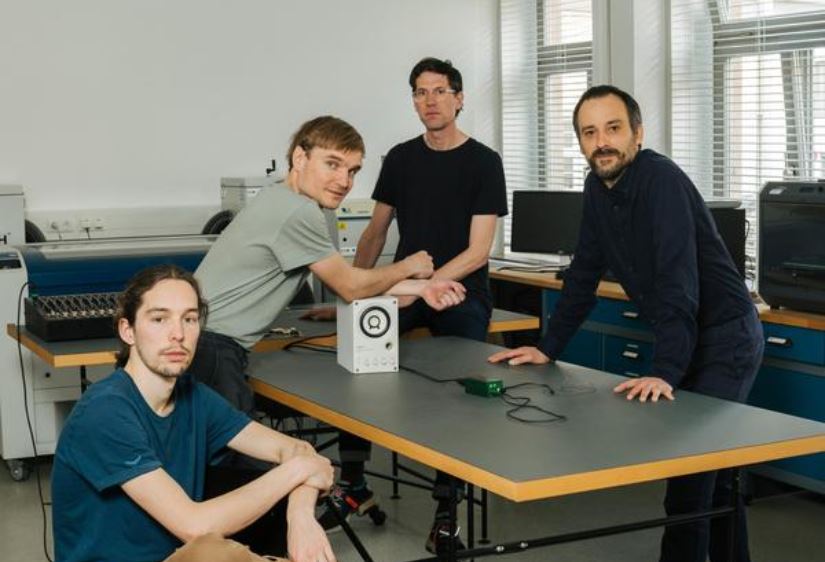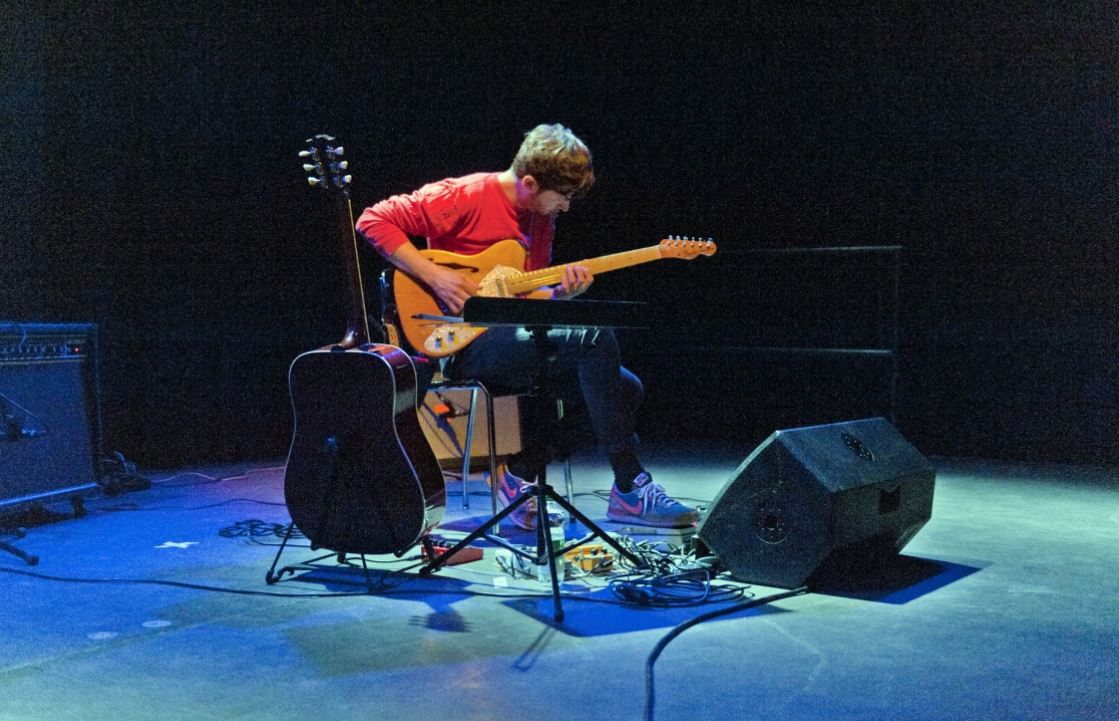Basel government council against initiative "for more musical diversity"
If the initiative "for more musical diversity" is accepted, the cantonal government of Basel-Stadt fears negative consequences and adverse effects on the cultural partnership with the canton of Basel-Landschaft.
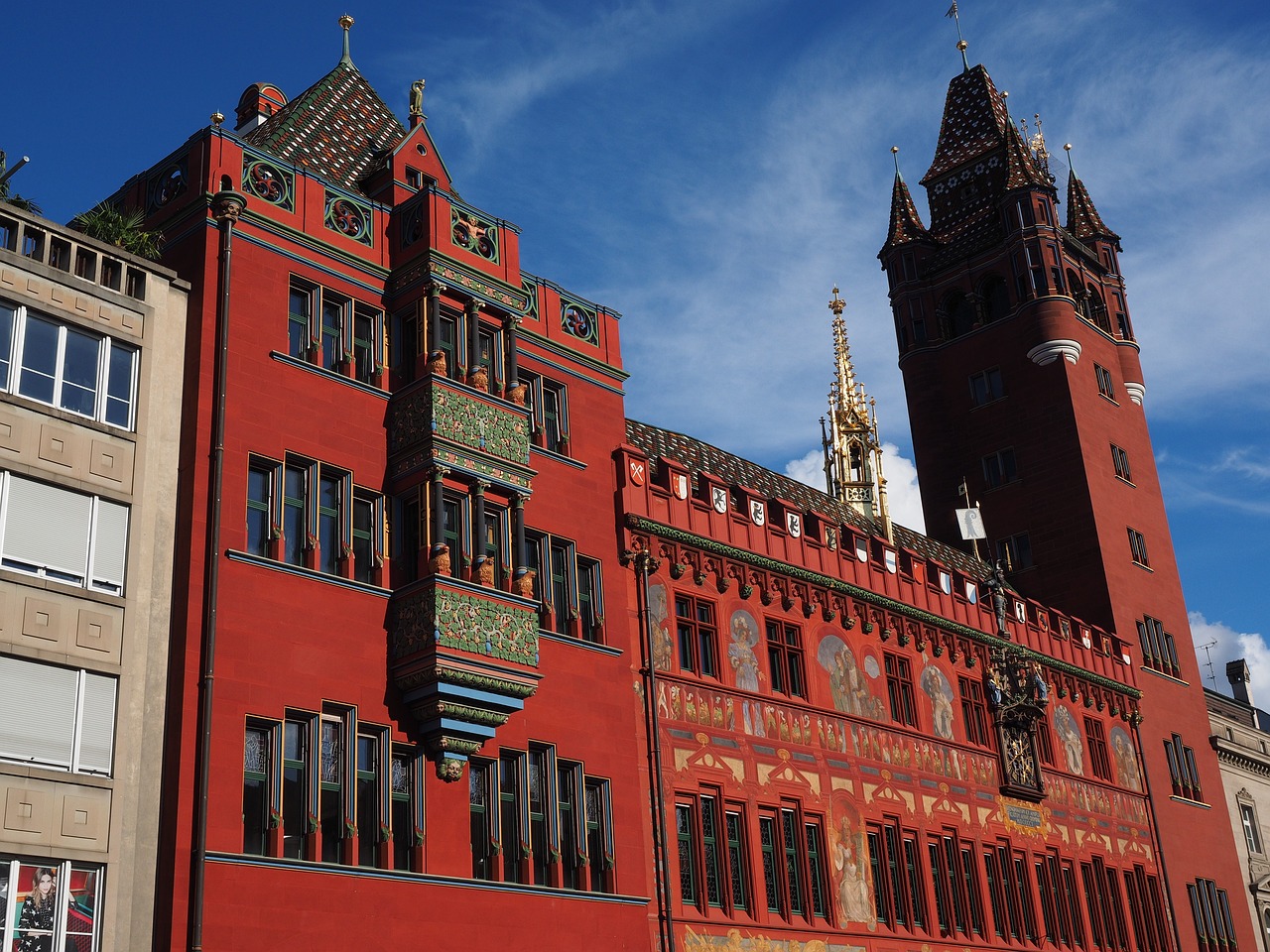
The initiative "for more musical diversity" aims to support independent music creation in the canton of Basel-Stadt with at least one third of the total music funding budget each year. Contributions are to be awarded to freelance musicians as well as for program, venue and structural funding. In addition, the awarding processes for the entire independent music sector are to be standardized and funding structures adapted.
The Government Council is of the opinion that, as part of the renewal of the cultural partnership with the Canton of Basel-Landschaft as of 2022 and the implementation of the popular initiative "Trinkgeld-Initiative", measures have already been introduced that significantly improve the conditions for independent music creation in the Canton of Basel-Stadt and counteract the historically grown imbalance of genres. The government council rejects a further increase in the cultural budget in this context. It is of the opinion that the effects of the recently increased contributions should be awaited before deciding on further measures.







